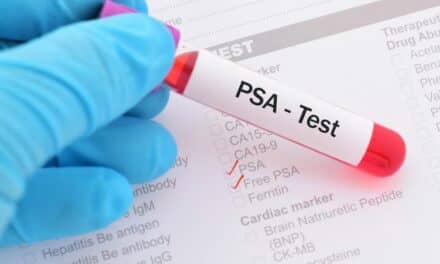
Labs have long turned to Thermo for essentials such as instruments, equipment, LIMS, software, informatics, reagents, consumables, lab operational support, and also for its mass spec systems. In the wake of this move, the company will also be a go-to for sophisticated genetic testing solutions.
DNA testing is already available for more than 2,000 health conditions, and its use is on the rise. The use of whole-genome sequencing to identify more diseases is expected to increase, led by cancer testing.
You may recall Roche’s failed attempt in 2012 to buy Illumina, Life’s biggest competitor in the area of gene-sequencing technology. Thermo’s move snags Life’s Ion Torrent next-generation sequencing platform. Illumina and Life have made the process of sequencing DNA faster and cheaper. Efforts such as theirs are helping pave the way for greater adoption of personalized medicine.
Laboratorians are often challenged to learn new things to help provide better care for patients, but all the technology in the world can’t humanize their workflow. I mean, they don’t see a hologram of each patient floating above their samples as tests are performed, animated by expressions of worried anticipation or dread.
At CLMA’s recent KnowledgeLab 2013, Michael Astion, MD, PhD, division chief, laboratory medicine, Seattle Children’s Hospital, gave a terrific presentation. He used gentle humor to blunt the sharp caution that euphemistic jargon—a commonplace business practice—removes laboratorians several degrees from patient care and owning the potentially dire outcome of errors. Examples are “near-miss” (in other words, a near hit), and “sentinel event,” (in lieu of, say, a heart attack). He also described the transformative power of bringing patients into the lab to talk with lab personnel—not to complain about mistakes, but to thank laboratorians for doing a great job.
Michael Laposata MD, PhD, pathologist-in-chief, Vanderbilt University Hospital, and director, Division of Laboratory Medicine and Clinical Laboratories, Nashville, Tenn, discussed how labs ratchet up their role in patient care from just making stuff run, such as instruments and tests, to being sage recommenders/interpreters of tests, and ultimately, helping hospitals save money on patient care (often with the use of pharmacogenomics). He stressed how a diagnostic management team approach cements a positive relationship between the lab and physician.
I hope you felt appreciated during Lab Week. We here at CLP appreciate you 365 days a year.
Judy O’Rourke
Editor, CLP
[email protected], (619) 659-1065




